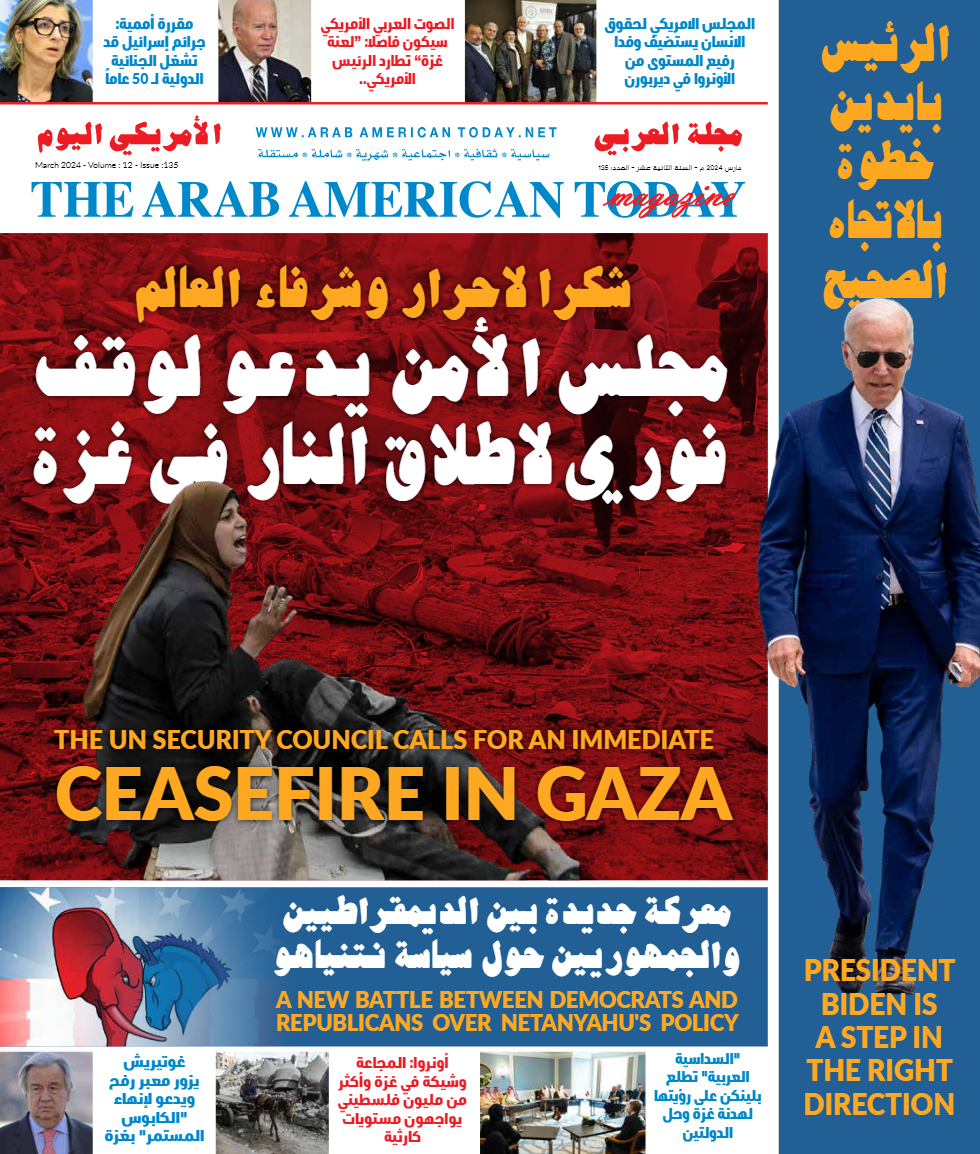
Failure of Malaysia’s Muslim summit is only the tip of the iceberg
2019-12-24

Mohammed Alyahya
Malaysia’s attempt to unite Muslim powers in a summit held last week in Kuala Lumpur failed to attract heads of state from 53 Muslim countries.
Only three embattled heads of state – Iran, Turkey and Qatar – showed up for the micro-summit, all of whom are fighting increasingly desperate struggles to reinvent an outdated vision for Islam that is fundamentally hostile to the West and, indeed, hostile to the dreams and aspirations of their own people.
In a phone call with Malaysian Prime Minister Mahathir Mohamad on Tuesday, Saudi Arabia’s King Salman stressed the importance of joint Islamic action through the Organization of Islamic Cooperation (OIC) to achieve unity in discussing issues of concern to Islamic powers.
Since the September 11, 2001 terrorist attacks on the United States, the Muslim world has seen a fundamental realignment between those nations who continue to advocate hostility to the West and those who embraced the reality of a budding post-ideological Middle East.
The fault lines are no longer – and perhaps have never been – between Islam and the West, but between a backwards-looking “political Islam” represented by Iran and its Muslim Brotherhood friends Qatar and Turkey, and Arab powers who realize the danger and obsolescence of these archaic ideologies in the face of an increasingly educated and globalized youth bulge in the Middle East.
The embattled leaders who rallied to the call of the Malaysian leader last week are concerned that the influence of political Islam is waning in the OIC, which continues to be the pre-eminent international body for Islamic power, and therefore a new body would be required to promote their obsolete revolutionary thinking.
In its report on the summit, one presenter on the Qatari-funded Al Jazeera channel attempted to make a virtue out of the fact that only three of the 56 invitees chose to attend.
“Beginning small in this initiative is helpful because when you have all the leaders in the Islamic world it can only create more divisions and create inaction, so they think that they should start small and if they have something to present, maybe they can take it to the OIC in the future,” he said.
What they fail to consider is that their vision for an Islamic world is waning among the growing ranks of young people in the Middle East and North Africa. Young Arabs have become tired of conflict and revolutionary rhetoric; they can see through the gimmickry of political Islam, especially when it is used as a substitute for meaningful economic reform or to suppress productive integration with, and openness to, the world economy, from East to West.
Countries such as Saudi Arabia, the UAE, Bahrain and Egypt realize that a fundamental change in demographics and sensibilities in the Arab world have made ideological mobilization and manipulation obsolete.
Waddah Khanfar, a veteran media executive who has led several pro-Muslim Brotherhood media outlets funded by Qatar, was quoted by Al Jazeera English as saying that the OIC was dominated by Saudi Arabia and therefore “not the right mechanism to handle the crisis that the Islamic world is going through.”
What he failed to point out was that their crisis is of their own making. The crisis is rooted in a redundant ideology that was born in the 1979 Iranian revolution and continues to thrive through the revolutionary ideals embraced by the Muslim Brotherhood, an extremist network hosted by Turkey and funded by Qatar.
As only three Muslim heads of state showed up to an Islamic summit that extended invitations to 56 Islamic countries, the summit ended in political failure. But that political failure is only the tip of the iceberg.
The post-ideological Middle East is already a reality. Young people embracing massive social and economic change in Saudi Arabia, and young people rejecting sectarian and economically dysfunctional systems in Iraq and Lebanon represent an irreversible paradigm shift in the region’s political psyche.
مقالات أخرى للكاتب
لا توجد مقالات أخرى للكاتب
















